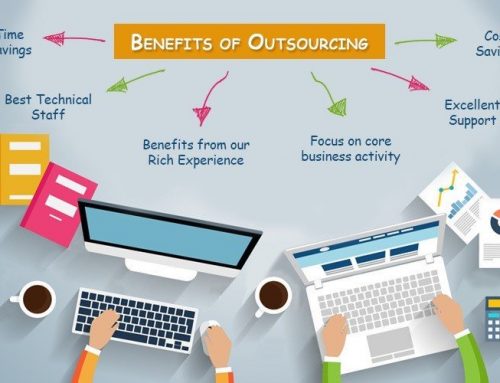 If you’re one of those business leaders who has heard about MSPs, but has yet to try working with them, then this post is for you. We’ll look at some of the advantages of working with an MSP, while also clearing up some of the misconceptions you might have about MSPs. You’ll end up with a much clearer picture of what it’s like to work with an MSP, and how you can expect to benefit from a managed services model.
If you’re one of those business leaders who has heard about MSPs, but has yet to try working with them, then this post is for you. We’ll look at some of the advantages of working with an MSP, while also clearing up some of the misconceptions you might have about MSPs. You’ll end up with a much clearer picture of what it’s like to work with an MSP, and how you can expect to benefit from a managed services model.
An MSP can provide just about any IT service you need
When we say “any” IT service here, that’s truly what we mean. An MSP offers the flexibility to fill any holes that might exist within your current IT environment. This could mean helping with a single aspect of a one-time project, taking over the ongoing management of the entire IT function, and everything in between the two extremes.
The first step toward getting great results from your relationship with an MSP is to determine exactly what you need from them, because the chances are pretty good that the MSP will we able to deliver it for you.
MSPs can augment IT, rather than replacing it
A popular misconception about MSPs is that they are the natural enemy of the in-house IT team, and that choosing to bring in an MSP would logically mean budget cuts and job losses for IT. This doesn’t necessarily have to be the case, and in fact, it usually isn’t. MSP deployments that entail completely replacing an IT team are rare.
In many cases, IT teams can actually benefit greatly from the decision to bring in an MSP. By offloading certain tasks to the MSP, the IT team is able to focus more of their own time and effort on the core competencies that they do best.
MSPs can alleviate headaches for the HR team
The world of IT is very fast moving these days, and this makes it difficult to ensure your organization always has in-house resources with the proper experience and certifications. Another aspect of the fast-moving IT culture is high turnover rates, which makes getting and keeping the right talent even more of a challenge.
With a managed service provider, you can offload the challenge of finding and educating IT resources to another organization that specializes in doing just that. This frees up your HR team to focus its talent acquisition efforts on other key areas, without your IT function suffering for it.
MSPs can give your business the flexibility it needs
Finally, the key concept you should take away from this post is the fact that MSPs allow your business to get the IT services it needs, even if those services wouldn’t justify your business investing in its own IT infrastructure or hiring its own full-time resources. In short, by working with an MSP, you no longer have to make the same kinds of decisions about IT that you may have made in the past—neglecting to take advantage of a particular IT service just because it didn’t seem like it was worth the investment at the time.
We hope you have enjoyed getting an introductory look at managed service providers. Look for our next post soon, where we’ll be delving into MSPs in more detail.




